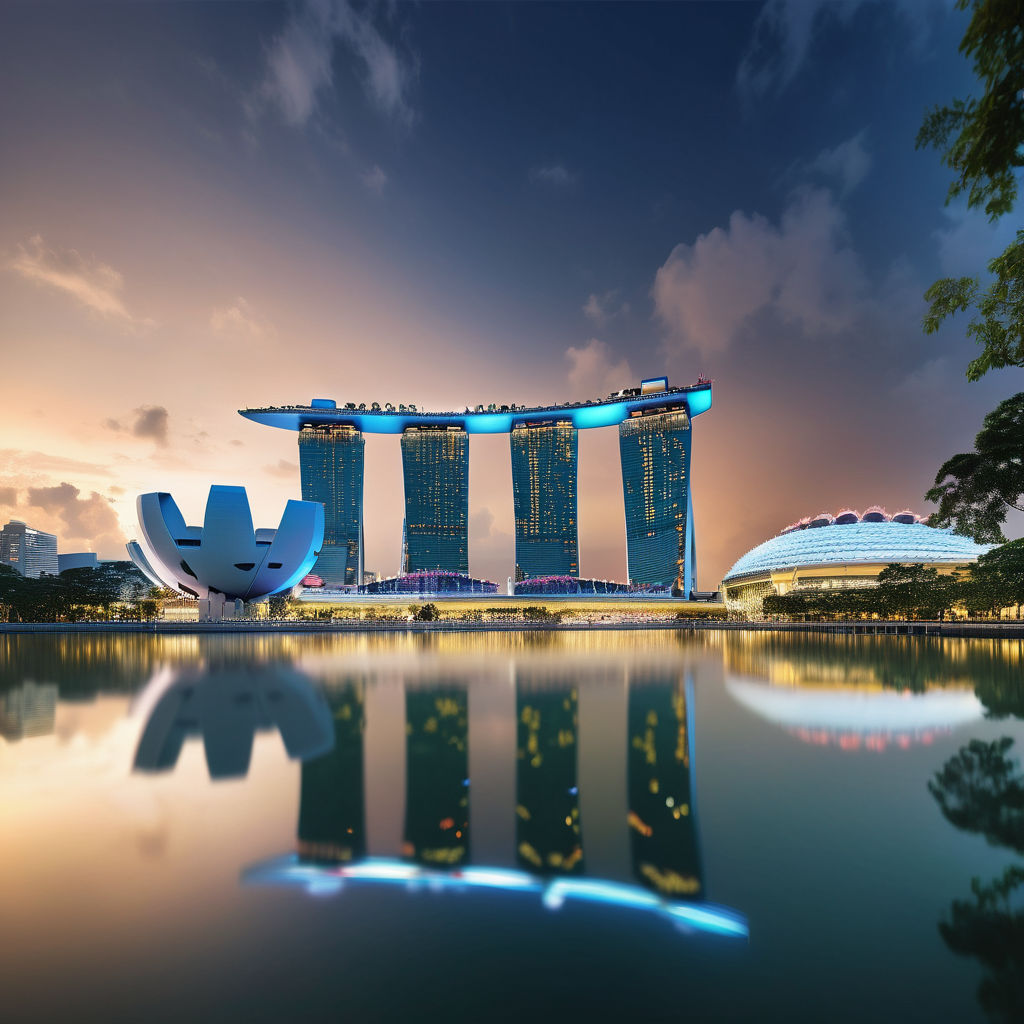Discover Singapore: A Vibrant Tapestry of Cultures and Modernity
Explore the Rich Cultural Heritage and Modern Wonders of Singapore

Introduction to Singapore
Singapore, a city-state located in Southeast Asia, is renowned for its bustling metropolis, strategic geographical location, and rich cultural heritage. Nestled at the southern tip of the Malay Peninsula, it serves as a global hub for finance, commerce, and transport. Major cities include the capital city, Singapore, which is known for its skyline dominated by iconic structures like Marina Bay Sands, the Gardens by the Bay, and the historic districts of Chinatown and Little India. Singapore’s cultural fabric is a tapestry of diverse influences from Chinese, Malay, Indian, and Eurasian communities, making it a vibrant mosaic of traditions and modernity.
Cross-national and Cross-cultural Understanding
Singaporeans generally perceive and engage with other cultures with a high degree of openness and respect. This multiculturalism is ingrained in the nation’s ethos, reflecting its historical role as a trading port and its diverse population. The government actively promotes cross-cultural understanding through policies and programs designed to foster racial and religious harmony. Educational programs play a significant role in promoting cultural exchanges. Schools incorporate multicultural education into their curricula, encouraging students to appreciate and understand different cultural practices. The annual Racial Harmony Day is one such initiative where students dress in traditional costumes and participate in cultural activities, fostering appreciation for the diverse heritage of their peers. International partnerships further enhance cross-cultural understanding. Singapore’s universities and institutions often collaborate with global counterparts, facilitating student exchanges and joint research projects. The Lee Kuan Yew School of Public Policy, for example, hosts scholars from around the world, promoting a global exchange of ideas and perspectives.
Interactions and Social Dynamics
Interactions between Singaporeans and foreigners are typically marked by mutual respect and curiosity. Social behaviors in Singapore reflect a blend of traditional values and modern practices. Politeness, respect for elders, and a collective sense of community are highly valued. Singaporeans are generally open and friendly towards foreigners. The use of English as a common language facilitates communication and integration. Besides English, Singapore recognizes Malay, Mandarin, and Tamil as official languages, reflecting its multicultural heritage. This multilingualism enables Singaporeans to engage effectively with people from different linguistic backgrounds. Cultural norms emphasize harmony and respect for diversity. It is common to see celebrations of various cultural festivals, such as Chinese New Year, Hari Raya Puasa, Deepavali, and Christmas, with people from different backgrounds participating in these festivities. This inclusive approach fosters a sense of belonging and unity among the population.
Views on Dating and Relationships
Dating and relationships with foreigners are generally viewed positively in Singapore. The cosmopolitan nature of the city-state means that many Singaporeans have grown up in a multicultural environment and are comfortable with the idea of cross-cultural relationships. However, certain cultural expectations and traditions may still influence these views. In the context of dating, respect for cultural differences and family values is paramount. While Western-style dating practices are prevalent, traditional values such as filial piety and family approval remain significant. It is not uncommon for Singaporeans to seek their parents’ approval when entering serious relationships, and meeting the family is considered an important step.
Marriage and Family
Marrying foreigners is socially and legally accepted in Singapore, though it comes with specific considerations. Legally, foreign nationals must comply with immigration regulations and may need to obtain relevant visas or residency permits. The process is straightforward but requires adherence to local laws. Socially, cross-cultural marriages are generally well-received, reflecting the inclusive nature of Singaporean society. However, couples may face challenges related to cultural differences and family expectations. Understanding and respecting each other's cultural practices is crucial for the success of these marriages. Trends indicate a growing acceptance of cross-cultural marriages, particularly among the younger generation. These marriages often result in a fusion of cultural practices, enriching family traditions and fostering greater understanding.